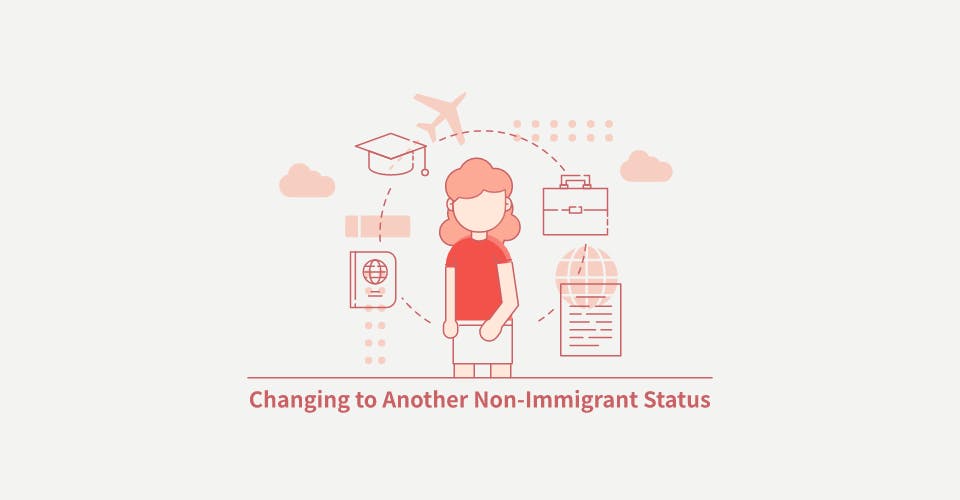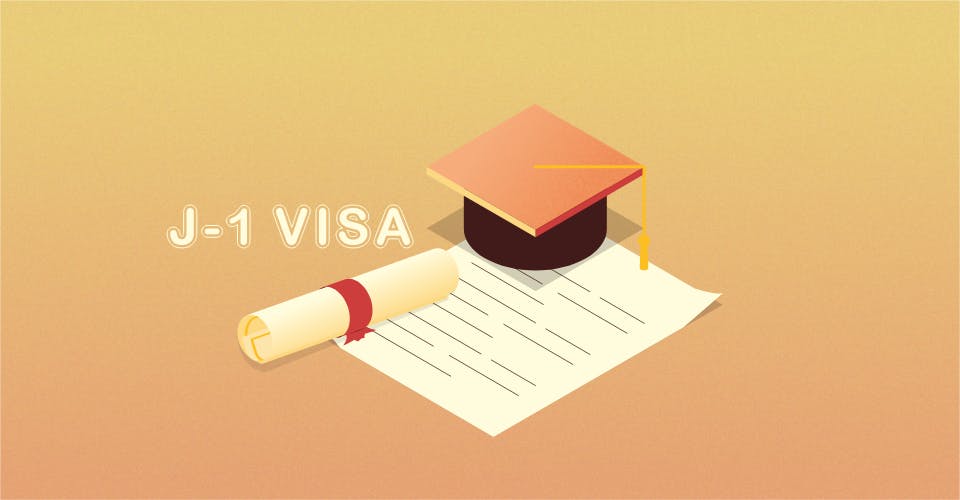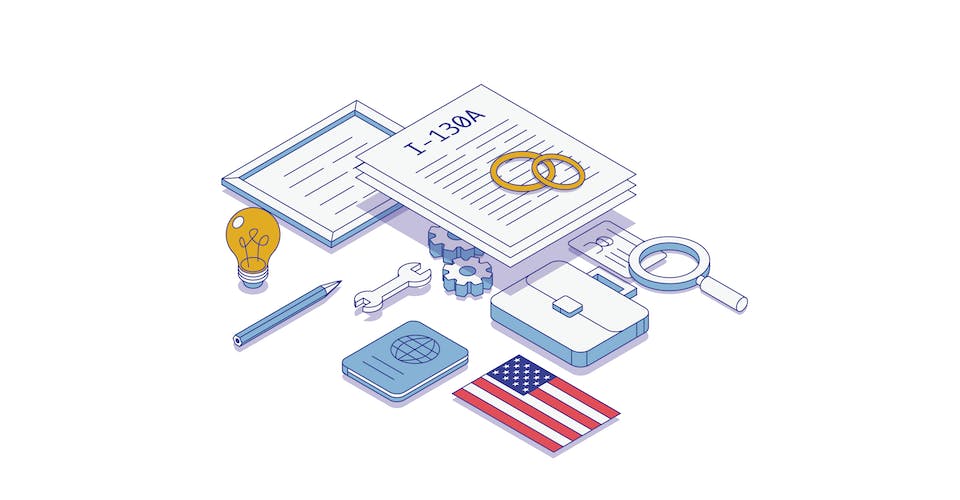The Public Charge rule is a category in the Immigration and Nationality Act (INA), under Section 212(a), that proposes to prescribe how it determines whether an alien is inadmissible, or admissible to the United States. Public charge pertains to the issuance of visas domestically in the U.S. and for consular processing abroad as well. It can also be a factor for decisions being made on green card applications. In general, the USCIS, which uses the INA in all of its matters and for pertinent questions on immigration forms, defines a public charge as an alien who has received one or more public benefits, as defined in the rule, for more than 12 months within any 36-month period.
The benefits that the USCIS is talking about, in conjunction with the DHS, include the following:
- Supplemental Security Income
- Temporary Assistance for Needy Families
- Any federal, state, local, or tribal cash benefit programs for income maintenance (often called general assistance in the state context, but which may exist under other names)
- Supplemental Nutrition Assistance Program (SNAP)
- Section 8 Housing Assistance
- Section 8 Project Based Rental Assistance
- Public Housing
- Federally funded Medicaid
The policy clearly states that someone will become inadmissible to the United States based on “how likely they might become a [public charge]. In other words, regardless of the programs listed above, the USCIS needs to take into much consideration someone’s biographic information when making their decision about the public charge rule.
As such, here are some of the main categories that the USCIS and adjudicating officers will use to determine if an applicant constitutes a public charge:
- Their age and health
- Whether or not they have pre-existing conditions or a disability
- Their education, skillset, and aptitude to work in certain industries
- Their financial status as well as for families how many dependents an applicant might have
- Other assets or liabilities
Officers, when presented with an applicant, must weigh the positive factors of someone’s biographic information with the negative. They will need to consider the applicants entire portfolio and then and only then make their decision as to the public charge rule.
Other benefits and categories not considered
In addition to the list above, there are other benefits that the DHS has decided to not count as for or against admissibility when it comes to public charge. Some of these benefits include emergency medical assistance, disaster relief, subsidies for foster care or adoption, energy assistance, and The Children’s Health Insurance program.
The public charge rule also excludes certain classes of non-citizens such as refugees and asylees, as well as VAWA—Violence Against Women Act self-petitioners, and certain T and U non-immigrant visa applicants (those who have been involved in human trafficking).
Overall, it is applicants who are seeking LPR status in the United States based on a family relationship who have statistically been the most affected by the public charge rule. The public charge rule is a way for the U.S. government to carefully decide who they are going to disburse public funds to (via taxpayer money).














